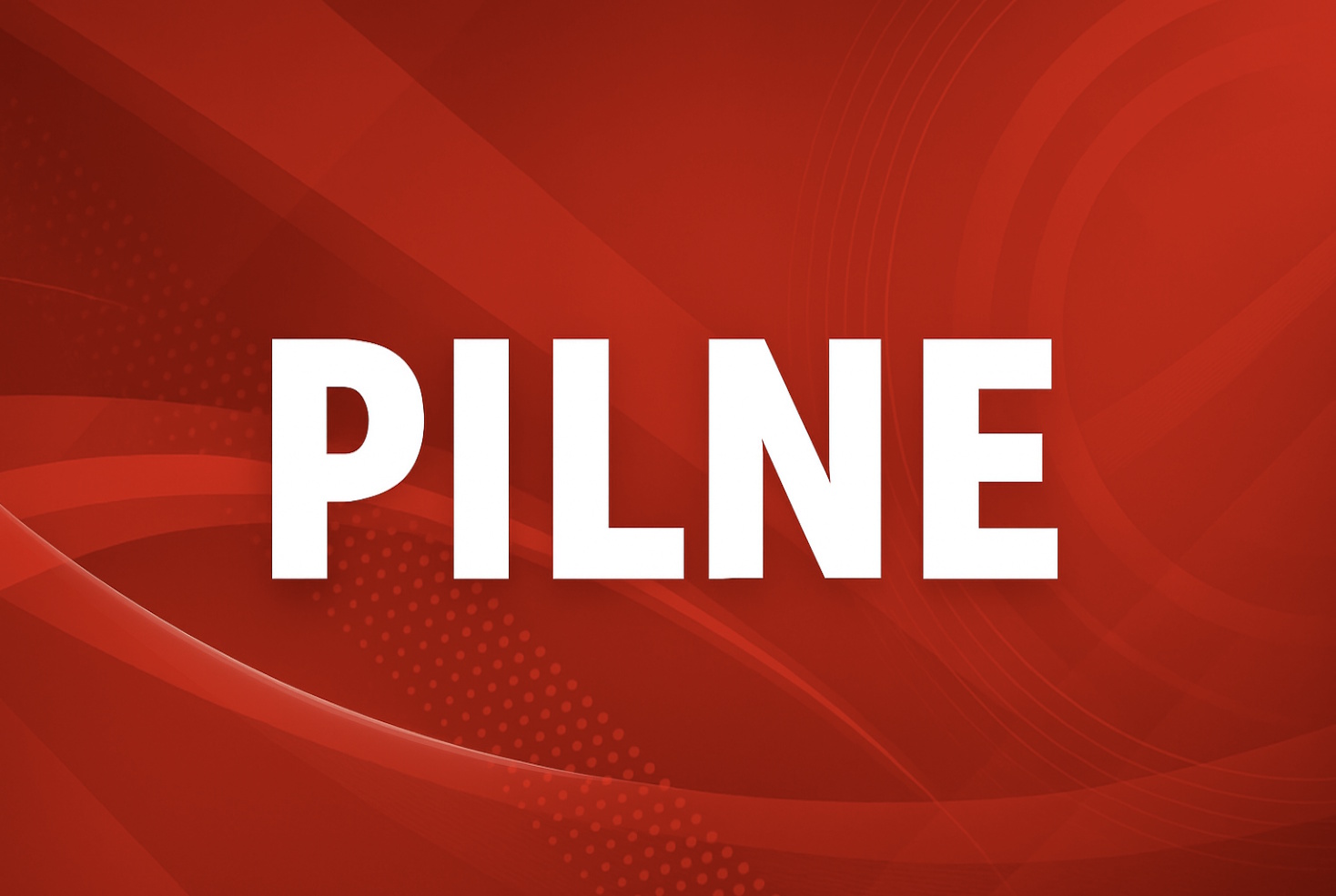
"Глубоко обеспокоены": председатель Конгресса требует от Филадельфии Отменить поднятие флага Китая
Представлено Сэмом Купером из Бюро,
Председатель комитета Палаты представителей по Коммунистической партии Китая требует, чтобы Филадельфия отменила официальное поднятие флага Китайской Народной Республики, запланированное на следующий вторник, сославшись на репрессии Пекина в отношении общин диаспоры и его роль в торговле фентанилом, которая «убила или нанесла вред миллионам американцев». "
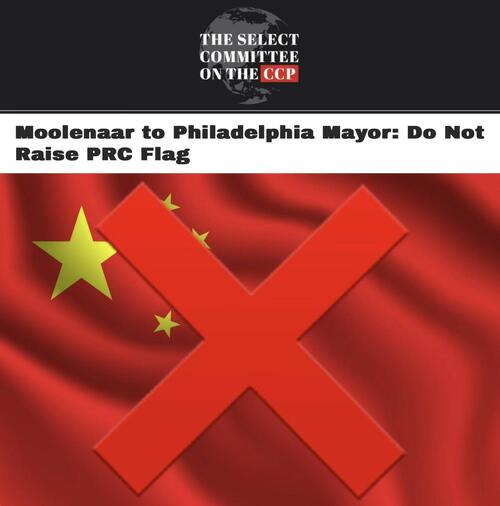
В письме мэру Шерелл Паркер Член палаты представителей Джон Муленаар из Мичигана предупредил город, чтобы он не позволял «использовать себя в качестве инструмента пропаганды КПК». Поднятие красного флага «Пять звезд» посылает неверный сигнал в место рождения американской независимости. Он назвал преследование Пекином меньшинств, геноцид уйгурских мусульман и субсидирование химических веществ-прекурсоров фентанила причинами, по которым церемония должна быть отменена.
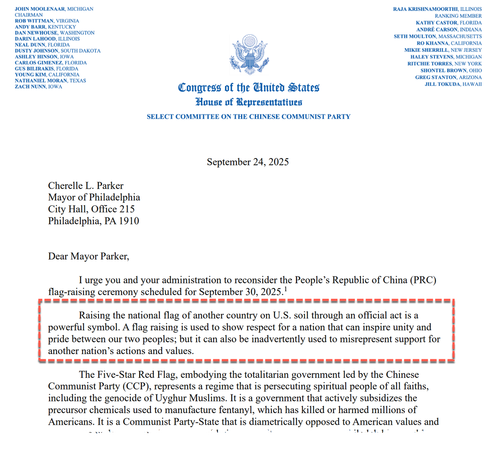
""Я глубоко обеспокоен тем, что городское правительство Филадельфии сотрудничает с местными организациями, которые, как представляется, являются гражданскими ассоциациями только по названию. и, что еще более тревожно, имеют связи с КПК, - написал Муленаар. Он выделил Пенсильванскую объединенную китайскую коалицию и Большую Филадельфийскую ассоциацию родного города Фуцзянь как организации, обеспокоенные их связями с системой Объединенного фронта Пекина.
Канада была здесь раньше.И опасения Муленаара не являются абстрактными. Бюро расследования. Ассоциации бизнеса и родного города Фуцзянь, отмеченные в Филадельфии, связаны с типами организаций, находящихся в центре споров по поднятию флага в Ванкувере, Торонто и Маркеме, и они пересекаются с расследованиями RCMP в так называемых полицейских участках КПК в этих канадских городах.
В 2016 году город Ванкувер В зале прошел поднятие флага в честь Национального дня КНР, организованный лидерами китайской общины, которые имеют явные связи с консульством и Отделом работы Объединенного фронта Коммунистической партии Китая. иностранное вмешательство и шпионское оружие. Это событие вызвало негативную реакцию, когда канадские чиновники появились в ярко-красных платках на шее, которые некоторые жители диаспоры связывали с коммунистическими молодежными движениями и Культурной революцией. Либеральный депутат Джо Пескисолидо извинился за то, что носил то, что критики называли «коммунистический шарф», после того, как некоторые канадцы сказали, что символика была болезненной. Но записи доступа к информации позже показали, что запрос на поднятие флага и приглашения были направлены через Канадский альянс китайских ассоциаций, зонтик для более чем 100 общественных групп, которые бывший китайский дипломат Чэнь Юнлин, который перешел в Австралию и дал показания перед Конгрессом США, описал как организацию «Объединенного фронта».
Лидеры Канадского альянса китайских ассоциаций (CACA), которые взаимодействовали с городскими чиновниками Ванкувера, чтобы организовать поднятие флага в 2016 году в соответствии с записями, рассмотренными Бюро, Позже они были допрошены в ходе расследования RCMP так называемых «полицейских участков КПК» в городе. Канадская полиция и разведывательные источники связывают группу с переплетением операций иностранного вмешательства, включая предполагаемую поддержку деятельности Пекина по вмешательству в выборы в Британской Колумбии на всех уровнях правительства. Это включает в себя муниципальную политику Ванкувера, провинциальные расы и федеральные конкурсы, в частности, в 2021 году против бывшего депутата-консерватора Кенни Чиу, который столкнулся с организованными атаками дезинформации после предложения реестра иностранных агентов.
В рамках этого расследования, Бюро Он получил фотографии, показывающие, как высокопоставленные лидеры CACA в последние годы встречаются с известными соратниками синдиката Сэма Гора, транснациональной организации по торговле фентанилом и отмыванию денег во главе с человеком из Торонто Це Чи Лопом, печально известным лидером банды Большого круга. Изображения документируют связь между фигурами CACA и несколькими высокопоставленными преступными субъектами, включая лидера Сэма Гора из Торонто и Пола Кинга Джина, печально известного подозреваемого в Ванкувере, связанного с отмыванием денег в казино и синтетическими расследованиями незаконного оборота наркотиков.
Джин также был связан с предполагаемыми торговцами фентанилом в судебных документах Британской Колумбии. Это было целью громкого дела RCMP о E-Pirate, в котором утверждалось, что подпольная банковская сеть перемещает миллиарды через VIP-залы казино, латиноамериканские денежные пулы и сотни китайских счетов. Дело было прекращено в 2018 году после провала раскрытия информации, а обвинения против Цзинь и других лиц были сняты.
Через три года после поднятия флага Ванкувера Маркхэм, Онтарио, стал точкой вспышки. Национальный день поднятия флага КНР, спонсируемый Федерацией китайских канадцев в Маркхэме, спровоцировал большие протесты и призывы прекратить церемонии под иностранным флагом на гражданских объектах. Мэр Маркхэма столкнулся с критикой после участия, и современная временная шкала, поддерживаемая местными СМИ, показала, как церемония продвинулась вперед на фоне общественного отпора в районе Большого Торонто.
На провинциальном уровне Онтарио боролся с теми же вопросами. 1 октября 2014 года тогдашний премьер-министр Кэтлин Уинн присоединилась к генеральному консулу Китая, чтобы поднять флаг КНР на лужайке в Королевском парке, изображение, широко распространенное проводными службами. В церемонии приняли участие лидеры Конфедерации канадских организаций Торонто (CTCCO), объединяющей десятки китайских ассоциаций, которые, как представляется, отражают CACA в Ванкувере как организацию контролирующего уровня. Лидеры CTCCO неоднократно ездили в Пекин и встречались непосредственно с председателем КНР Си Цзиньпином.
Лидер CTCCO, присутствующий с Уинном, неоднократно упоминался в расследованиях разведки и RCMP, и малозаметный законодательный аспект участия его группы Фуцзянь в Онтарио включал прессинг и спонсирование, наряду с группами китайских масонов Торонто, провинциального законопроекта о создании мемориала резни в Нанкине - критики инициативы в диаспоре предупредили, что поддерживают повестку дня Пекина и обмен сообщениями Объединенного фронта в Канаде.
Зонды с участием сообщества Фуцзянь в районе Торонто и предполагаемых полицейских участков КПК не привели к обвинениям. параллельный Заявления Министерства юстиции США в Нью-Йорке показывают, что лидер общины Фуцзянь из Торонто был задокументирован на встрече с группами, позже связанными с делом полицейского участка КПК. Это привело к обвинениям против Лу «Гарри» Цзяньвана, лидера общины Фуцзянь в Нью-Йорке.
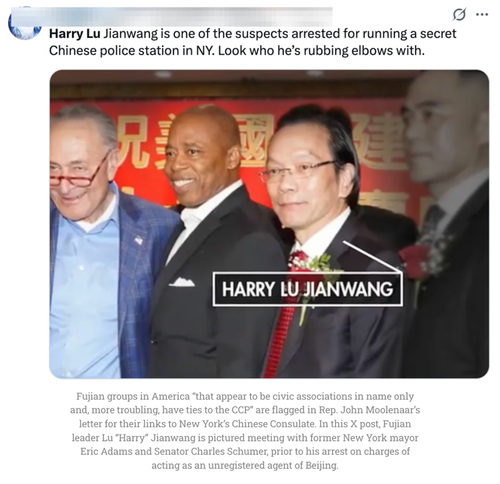
Global News сообщает, что ФБР обнаружило фотографию с телефона Лу Цзяньвана, показывающую официальные церемонии открытия заграничных полицейских участков в Испании, Франции, Нидерландах и Канаде. Как утверждается в обвинительном заключении, Лу и соответчик Чэнь Цзиньпин вступили в сговор, чтобы действовать как незаконные агенты правительства КНР. С тех пор Чен признал себя виновным, в то время как Лу настаивает на своем признании невиновности и ожидает суда.
Отдельно китайские правительственные записи показывают, что директора CTCCO в Торонто присутствовали на Симпозиуме 2022 года «Пояс и путь» для китайских лидеров за рубежом Фуцзяня, организованном Китайской народной политической консультативной конференцией и Объединенным фронтовым рабочим департаментом КПК, наряду с Лу Цзяньваном, позже обвиненным ФБР в том, что он действовал как незарегистрированный иностранный агент Пекина.
Между тем, документы, опубликованные в соответствии с законом Ванкувера о свободе информации, показывают, что лидеры Канадского альянса китайских ассоциаций организовали поднятие флага в 2016 году через тогдашнего мэра Грегора Робертсона. Сам Робертсон сейчас находится в центре политического шторма, поскольку федеральный министр жилищного строительства премьер-министра Марка Карни, ответственный за Канадский банк инфраструктурных инвестиций, после сообщений о кредите под низкие проценты в размере 1 миллиарда долларов в Британскую Колумбию для покупки паромов у китайского гражданского военного предприятия по термоядерному синтезу.
Эти муниципальные и провинциальные эпизоды пересекаются с более широкой картиной национальной безопасности Канады. CSIS и RCMP в течение многих лет предупреждали, что органы Объединенного фронта, культивируемые Пекином, действуют как доверенные лица влияния, окружающие канадских политических лидеров и кандидатов на выборах. Согласно доказательствам, изложенным в письме Муленаара, и Бюро Расследование деятельности ассоциаций «Объединенного фронта» в таких городах, как Нью-Йорк, Бостон, Лос-Анджелес, а теперь и Филадельфия, приводит к тому, что американцы сталкиваются с такими же интенсивными операциями по проникновению в Канаду, где доля азиатских диаспор гораздо выше, чем в Соединенных Штатах.
Однако главный вопрос на следующей неделе заключается в том, будет ли мэр Филадельфии проводить политическое мероприятие под красным флагом влиятельного избирательного комитета Конгресса по КПК.
Тайлер Дерден
Фри, 09/26/2025 - 11:41

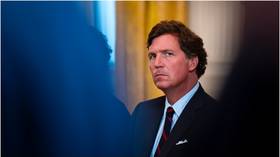
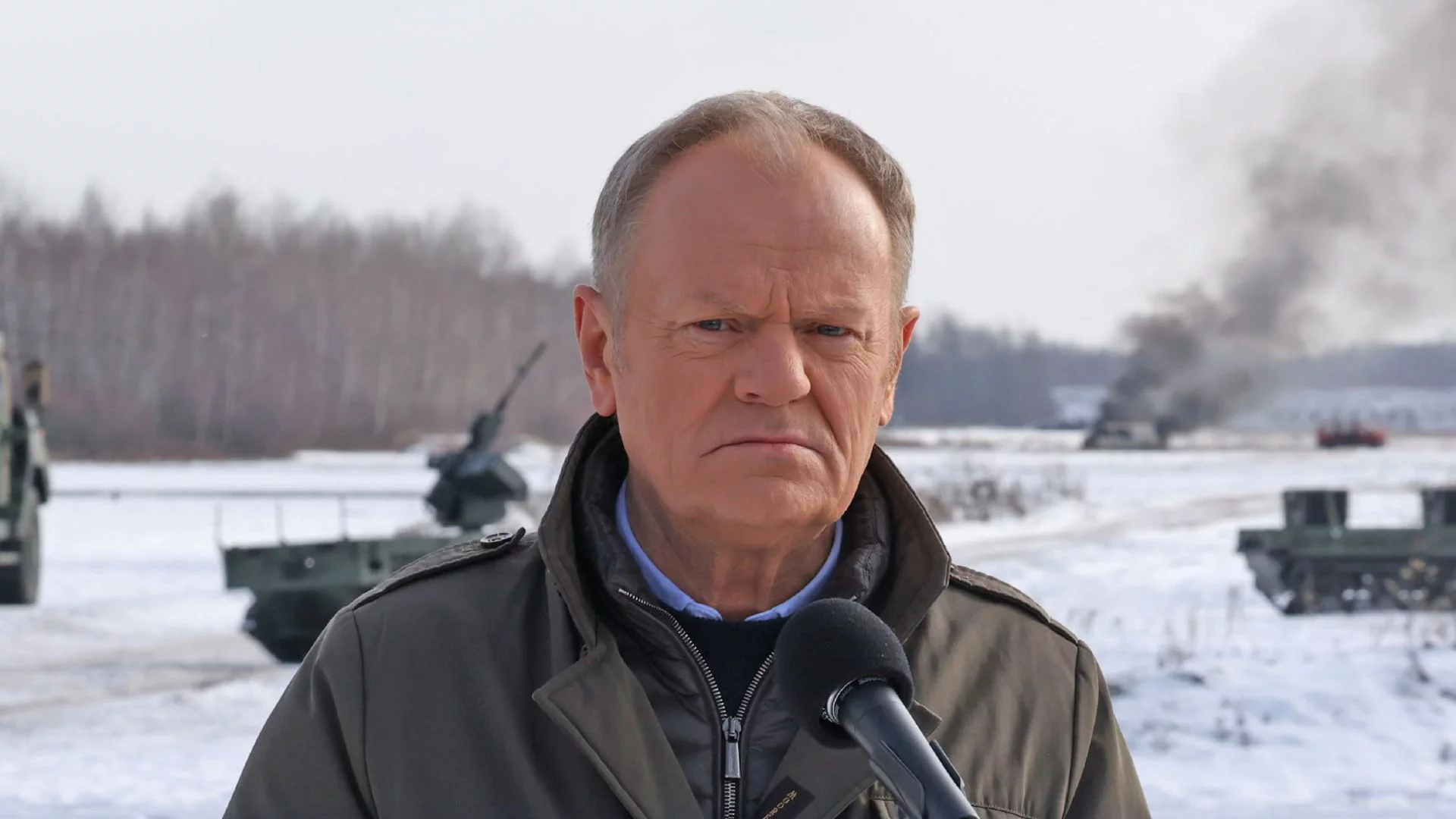
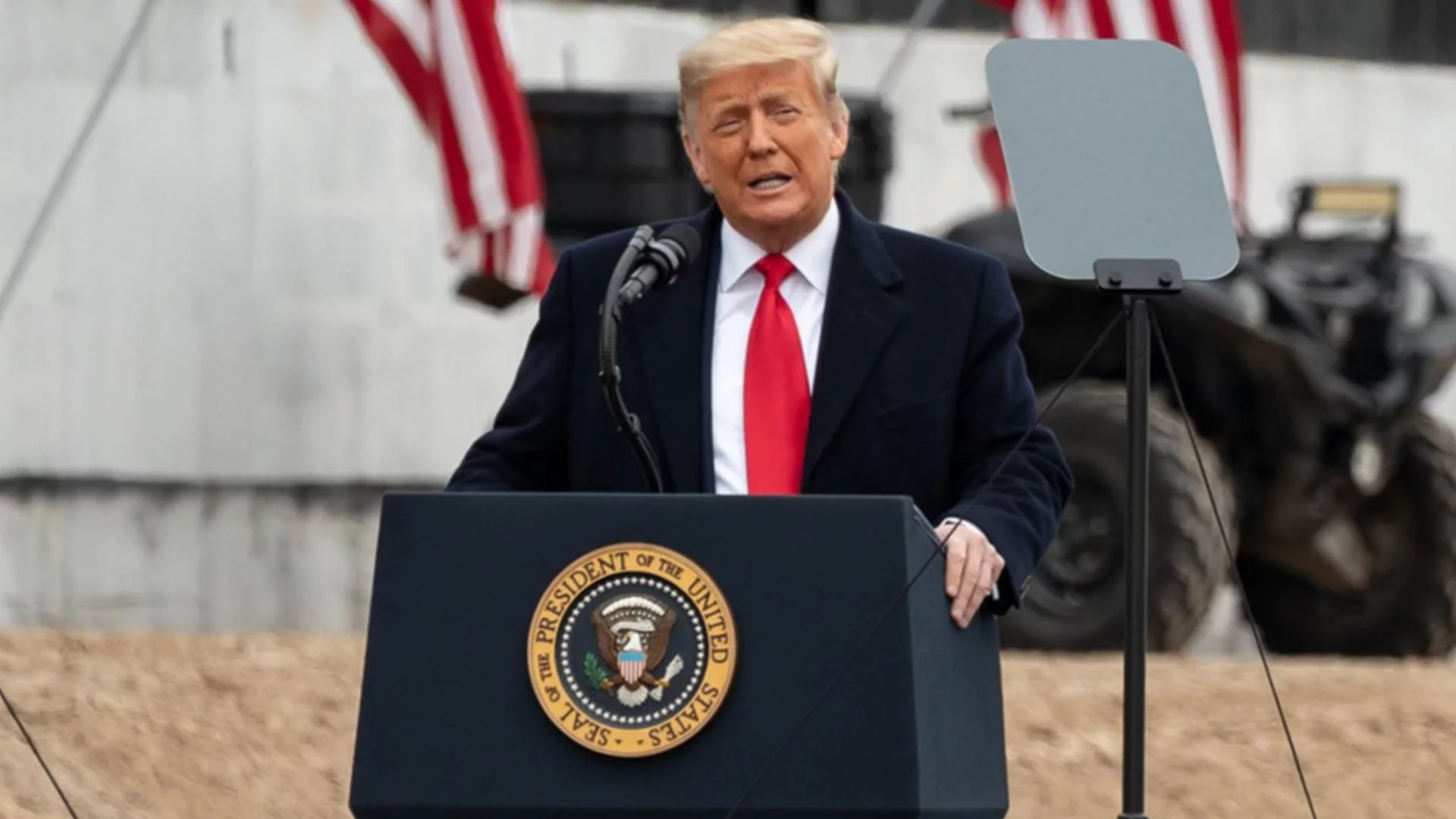


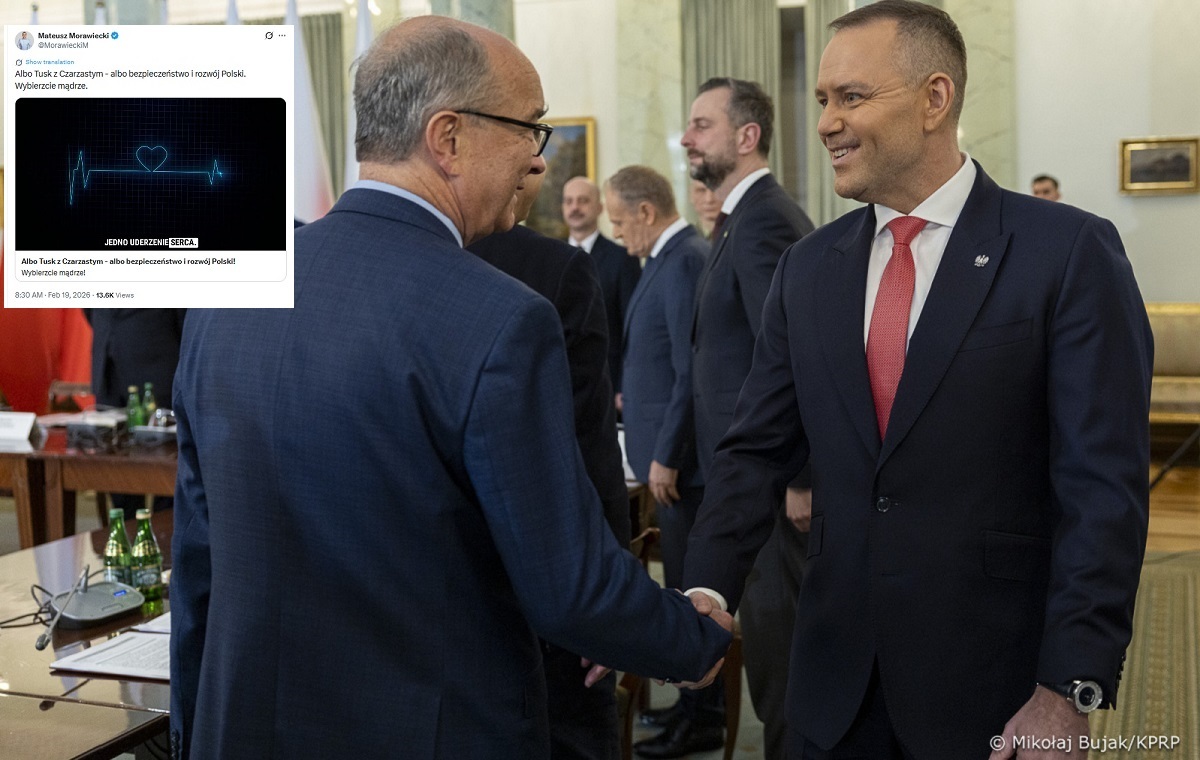



![Małaszewicze. KAS zatrzymała 15 aut z Chin [ZDJĘCIA]](https://static2.slowopodlasia.pl/data/articles/xga-4x3-malaszewicze-kas-zatrzymala-15-aut-z-chin-zdjecia-1771502140.jpg)

